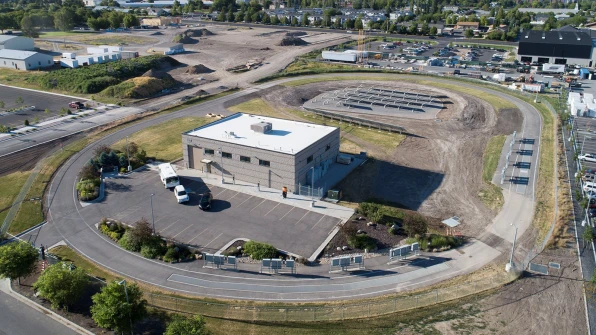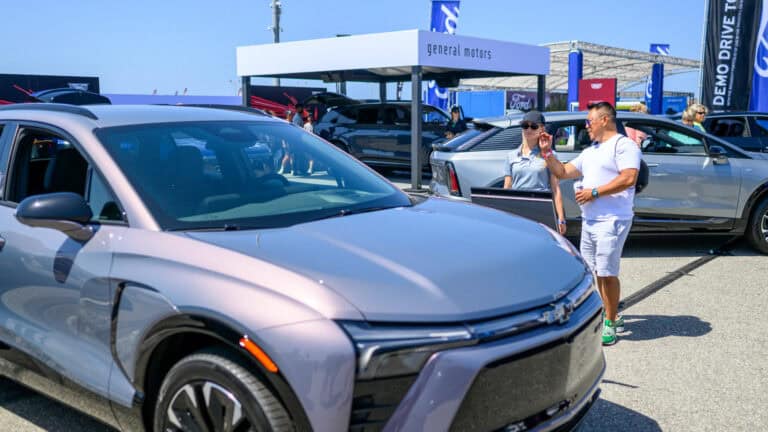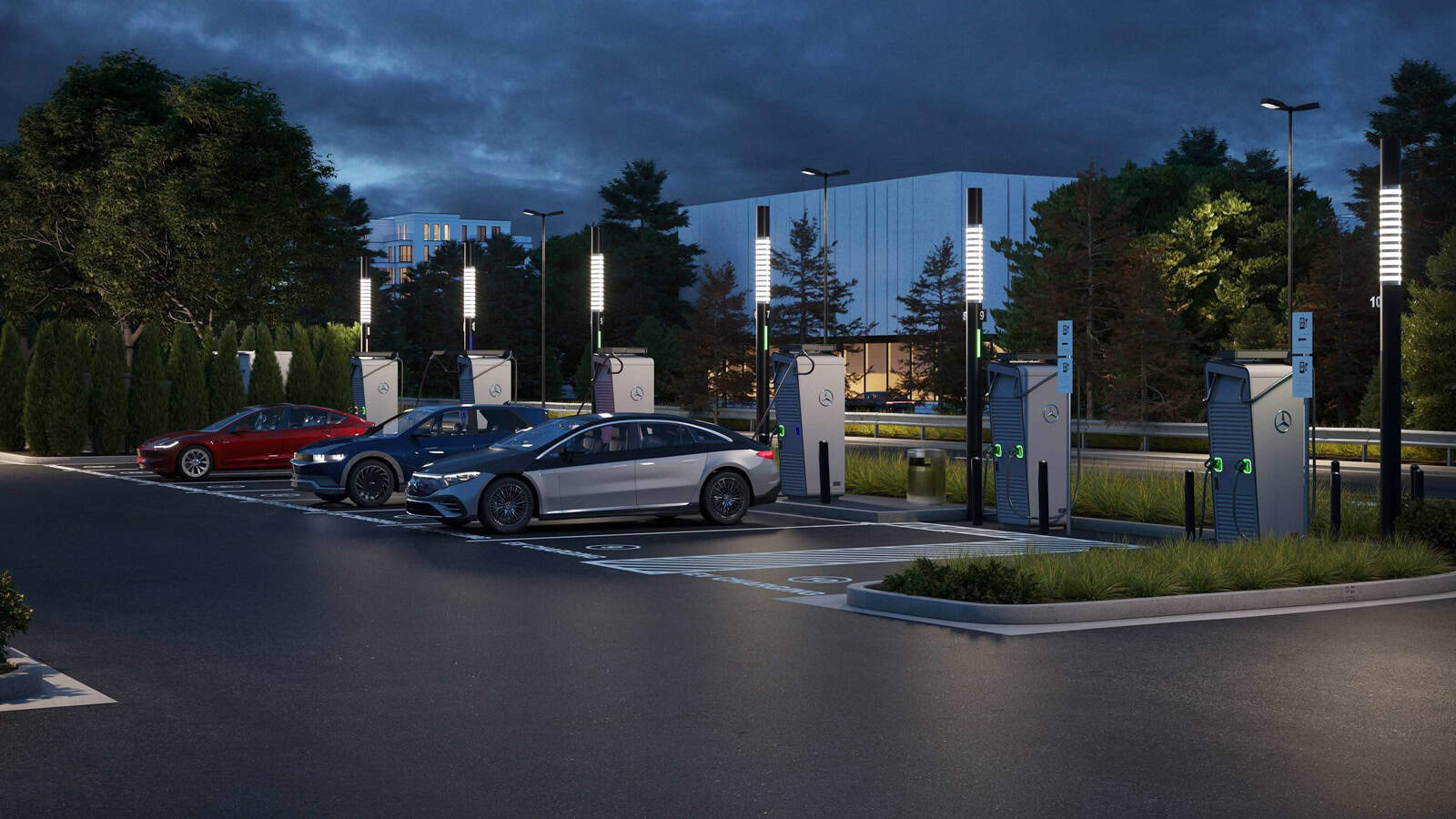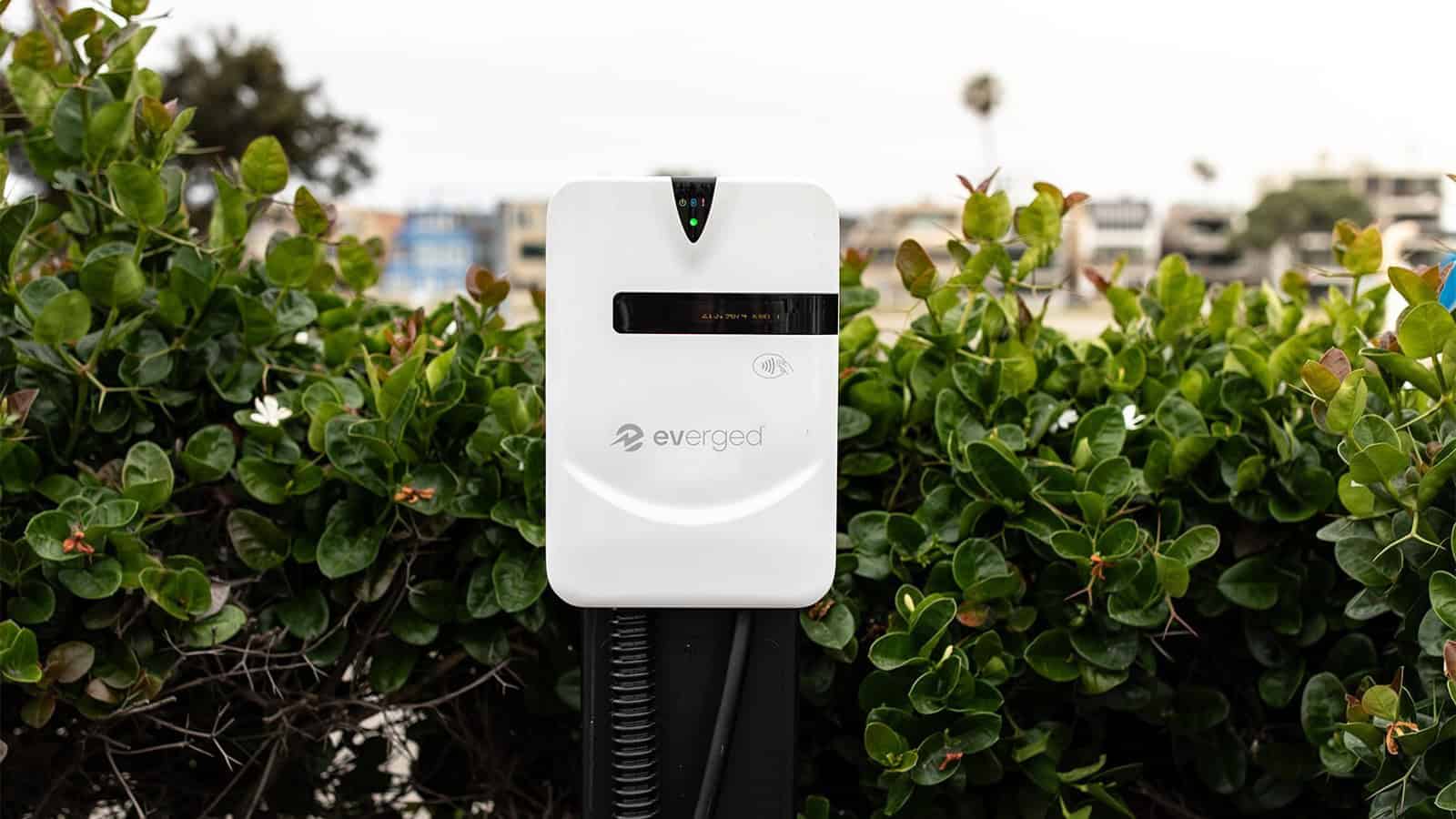EV charging can be a rather long process if you don’t have access to a proper fast charger. What if your EV could charge while you’re driving it, though?
The Michigan Department of Transportation wants to test out an idea: embed technology in the pavement along two short stretches of road that could charge EVs while they’re being driven. This inductive charging test will be the first of its kind in the U.S.
You’re already familiar with electromagnetic inductive charging if you’ve ever used a wireless phone charger. Here, the roadways would have coils embedded in the pavement that would transfer magnetic energy to a receiver mounted beneath a vehicle to charge the battery wirelessly.
Other states like Florida, Indiana, Pennsylvania, and Utah also have plans to test inductive charging on public roads in the next several years.

“This is a great solution to a problem we have today of how to get to zero emissions,” said Tallis Blalack, managing director of the ASPIRE Engineering Research Center headquartered at Utah State University, which focuses on electric vehicle infrastructure. “If we do this correctly, we can decrease the costs of transportation for everyone.”
If this induction charging plan is successful, various sections of highway across the U.S. could get this technoloy added. It could especially be a major boon to the freight industry. Currently, it can cost around $150,000 to put EV batteries into a long-haul electric semi, and those large batteries require megawatt chargers to fast-charge. With inductive charging across the country, trucks wouldn’t require such heavy long-range batteries. Smaller truck batteries would need fewer resources to manufacture and would cost closer to $15,000.
Michigan transportation officials plan to start testing this concept by fall 2023 on a quarter-mile stretch southwest of downtown Detroit. In 2024, they’ll install the technology on a 3/4-mile stretch of busy commercial street near downtown.
Michele Mueller, a senior project manager at the state’s Department of Transportation, said the goal is to understand both the benefits and the challenges of induction road charging networks and how they might work for passenger cars, public transit, and commercial vehicles. Another objective is to lessen drivers’ “range anxiety” and decrease overall demand on the electric grid.
EV Charging Roads


“If you can use inductive and static charging, then once you get home, you won’t have those peaks of everyone charging their EVs at once, so you won’t get spikes on the grid,” she said. “This will level off demand throughout the day.”
We’re excited to see how this all pans out. Anything that makes charging an EV seem less intimidating or time-consuming seems like a potential win.

SOURCE | IMAGES: FASTCOMPANY
FTC: We use income-earning auto affiliate links. Learn more.











